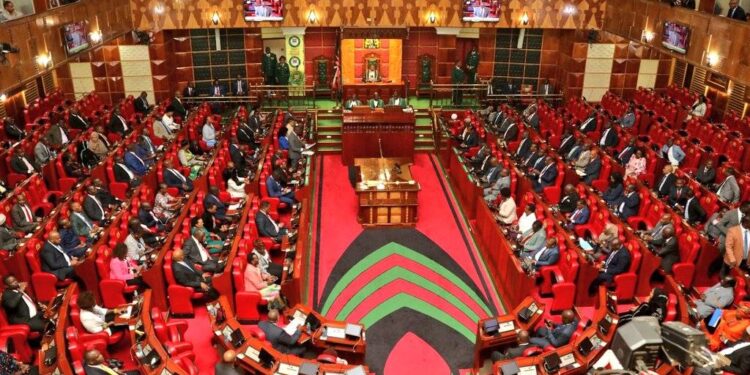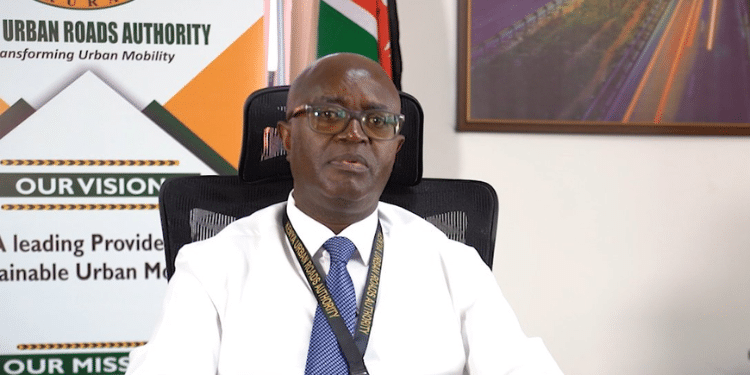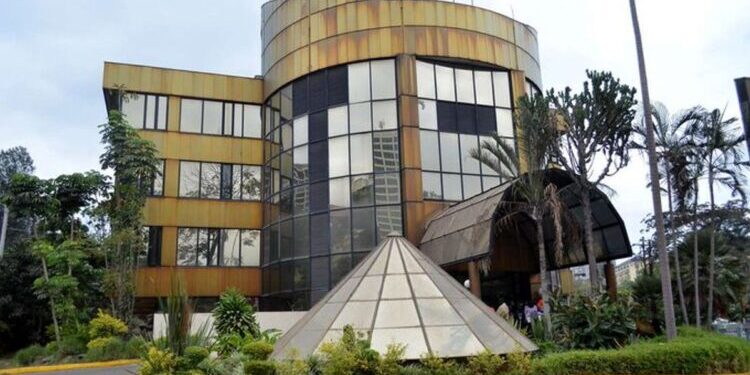The Ethics and Anti-Corruption Commission (EACC) is calling on Parliament to reject the anti-graft bill seeking to delete corruption offences in the law.
The bill, sponsored by Hon. Geoffrey Kariuki Ruku, Member of Parliament for Mbeere North, has drawn criticism from the EACC, with the commission expressing grave concerns over the potential ramifications of the proposed amendments.
The EACC, led by Chief Executive Officer Twalib Mbarak, expressed its reservations against the bill, citing fundamental threats to the progress realized in Kenya’s anti-corruption efforts.

“The Anti-Corruption and Economic Crimes (Amendment) Bill, 2023 seeks to delete from the law two key corruption offences that exist to protect public funds from embezzlement and to enforce accountability among the public officials involved in the administration of public resources,” read the statement from EACC in part.
EACC Rallies Parliament to Reject Bill
The bill by Hon Ruku is seeking to delete section 45(2)(a) of the Anti-Corruption and Economic Crimes Act No. 3 of 2003 (ACECA) that provides guidelines on procurement-related corruption, including breaches of procurement law and procedures, irregular tendering of contracts, and mismanagement of public resources.
In particular, the Act provides for the penalization any person found to have made excessive payments or fraudulent payment from public revenues, payment for sub-standard or defective goods, payment for goods not supplied or not supplied in full, and services not rendered.
Additionally, the law states that any person who engages in a project without any planning is liable for penalization and outlaws any breach of the rules governing procurement processes.
The EACC argues that these provisions are essential in combating corruption within the procurement process, which accounts for a significant portion of Kenya’s GDP.
“In Kenya, public procurement accounts for about 10% to 13% of GDP. This demonstrates the great portion of public resources expended through public procurement,” says EACC.
Also Read: EACC Arrests Govt Official Over Fake Degree
It further states, “Section 45(2)(a) of the Anti-Corruption and Economic Crimes Act No. 3 of 2003 (ACECA) prohibits and penalizes procurement related corruption among them breaches of procurement law and procedures, irregular tendering of contracts and mismanagement of public resources.”
Moreover, the EACC highlights the intricate nature of corruption within procurement, where acts of omission or commission at various stages contribute to irregular outcomes.
Through its investigations, the commission has uncovered numerous instances of corruption resulting from flawed procurement processes, leading to convictions and civil suits for the recovery of proceeds of corruption.
Furthermore, the EACC contends that prior planning, as mandated by Section 45(2)(b) of ACECA, aligns with the provisions of the Public Procurement and Asset Disposal Act, 2015 (PPADA).
This planning ensures that procurement entities adhere to approved budgets and timelines, thereby reducing instances of stalled projects and pending bills.
EACC Calls for More Radical Changes in Fighting Graft
The commission emphasizes that administrative action alone cannot serve as an adequate deterrent against corruption.
“In conclusion, it is our considered view that administrative action does not provide a commensurate deterrent effect to the far-reaching negative impact of corruption. Electing administrative action over prosecution will encourage participants in the procurement processes to engage in corrupt conduct without a deterrent consequence,” reads the statement from EACC.
In advocating for the retention of Section 45(2) of the Anti-Corruption and Economic Crimes Act, 2003, the EACC underscores the symbiotic relationship between legal deterrence and ethical conduct.
Also Read: EACC Recovers Grabbed Cemetery Land Worth Ksh 283M
Moreover, by holding accountable those who flout procurement regulations, the law serves as a potent deterrent against corrupt practices.
“If enacted as proposed, the amendments will remove essential mechanisms for enforcing accountability for public resources and create legal escape routes for perpetrators of corruption thus opening a floodgate of corruption scandals in the country,” reads the memo from EACC.









































































